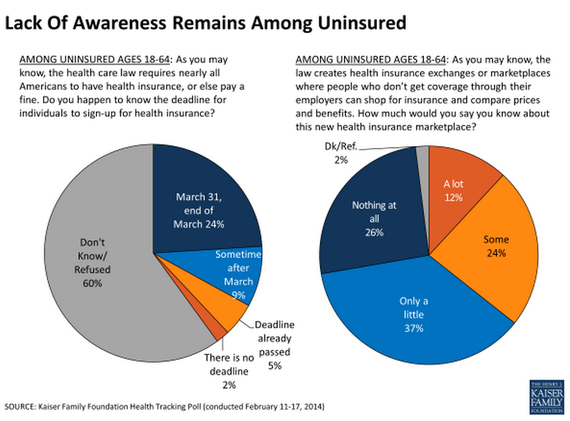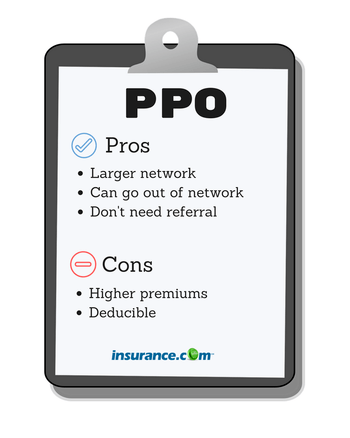A life insurance coverage policy is a contract with an insurance provider. In exchange for premium payments, the insurance coverage business supplies a lump-sum payment, referred to as a death benefit, to recipients upon the insured's death. Usually, life insurance is picked based upon the requirements and goals of the owner. Term life insurance generally provides protection for a set time period, while permanent insurance, such as entire and universal life, offers life time coverage.
1 There are numerous varieties of life insurance coverage. Some of the more common types are gone over listed below. Term life insurance coverage is designed to offer monetary protection for a particular amount of time, such as 10 or 20 years. With traditional term insurance coverage, the superior payment amount remains the exact same for the coverage duration you pick.
Term life insurance is normally more economical than long-term life insurance. Term life insurance proceeds can be used to change lost potential earnings throughout working years. This can provide a security web for your recipients and can also help ensure the family's financial objectives will still be metgoals like settling a mortgage, keeping an organisation running, and paying for college.

Universal life insurance coverage is a type of permanent life insurance created to offer lifetime coverage. Unlike whole life insurance, universal life insurance coverage policies are flexible and may allow you to raise or lower your premium payment or protection quantities throughout your lifetime. Furthermore, due to its life time protection, universal life usually has greater premium payments than term.
3 Easy Facts About Who Benefits In Investor-originated Life Insurance (Ioli) When The Insured Dies? Described
Another common use is long term earnings replacement, where the requirement extends beyond working years. Some universal life insurance coverage item designs focus on offering both survivor benefit coverage and how to cancel an llc structure cash value while others concentrate on offering guaranteed survivor benefit protection. Whole life insurance coverage is a type of permanent life insurance coverage created to supply lifetime protection.
Policy premium payments are normally fixed, and, unlike term, whole life has a cash value, which operates as a savings component and might accumulate tax-deferred in time. Whole life can be utilized as an estate planning tool to assist protect the wealth you plan to transfer to your recipients. Earnings replacement during working years Wealth transfer, income security and some designs focus on tax-deferred wealth accumulation Wealth transfer, conservation and, tax-deferred wealth accumulation Developed for a specific duration (usually a number of years) Versatile; typically, for a life time For a lifetime Generally cheaper than long-term Generally more expensive than term Typically more costly than term Usually fixed Flexible Usually fixed Yes, normally income tax-free Yes, usually income tax-free Yes, normally earnings tax-free No No2 No No Yes Yes Yes, Fidelity Term Life Insurance Coverage3 Yes, Universal Life Insurance coverage, primarily focused on death benefit security No, standard Whole Life Insurance is not currently used Insurers utilize rate classes, or risk-related categories, to determine your premium payments; these categories don't, however, affect the length or amount of coverage.
Tobacco use, for instance, would increase danger and, for that reason trigger your premium payment to be greater than that of someone who does not utilize tobacco.
Life insurance coverage is an agreement between an insurance company and a policyholder in which the insurance provider guarantees payment of a survivor benefit to named recipients when the insured passes away. The insurer promises a death advantage in exchange for premiums paid by the policyholder. Life insurance is a lawfully binding agreement.
Rumored Buzz on When Should I Get Life Insurance
For a life insurance policy to remain in force, the insurance policy holder should pay a single premium up front or pay routine premiums gradually. When the insured passes away, the policy's named recipients will receive the policy's face worth, or survivor benefit. Term life insurance policies end after a specific number of years.

A life insurance policy is just as great as the financial strength of the company that provides it. State warranty funds might pay claims if the provider can't. Life insurance supplies financial backing to surviving dependents or other beneficiaries after the death of an insured (how long do you have to have life insurance before you die). Here are some examples of people who may need life insurance coverage: If a parent passes away, the loss of his or her income or caregiving skills might create a monetary challenge.
For kids who need long-lasting care and will never be self-dependent, life insurance coverage can make certain their needs will be fulfilled after their moms http://travispksz550.bearsfanteamshop.com/what-does-what-are-the-different-types-of-life-insurance-mean and dads pass away. The survivor benefit can be used to money a special requirements trust that a fiduciary will handle for the adult kid's benefit. what is permanent life insurance. Married or not, if the death of one grownup would imply that the other could no longer pay for loan payments, upkeep, and taxes on the home, life insurance coverage may be a good concept.
Numerous adult children sacrifice by taking time off work to look after an elderly moms and dad who needs assistance. This aid might also include direct financial backing. Life insurance coverage can help compensate the adult child's expenses when the parent dies. Young person without dependents seldom require life insurance coverage, but if a parent will be on the hook for a kid's debt after his/her death, the kid might desire to bring enough life insurance to pay off that financial obligation.
The Greatest Guide To What Is Cash Value Life Insurance
A 20-something grownup may purchase a policy even without having dependents if there is an expectation to have them in the future. Life insurance coverage can offer funds to cover the taxes and keep the amount of the estate undamaged.' A small life insurance coverage policy can supply funds to honor an enjoyed one's death.
Instead of picking between a pension payment that uses a spousal benefit and one that doesn't, pensioners can pick to accept their complete pension and use some of the cash to buy life insurance to benefit their spouse. This method is called pension maximization. A life insurance coverage policy can has two primary components - a survivor benefit and a premium.
The survivor benefit or stated value is the quantity of cash the insurance provider ensures to the beneficiaries identified in the policy when the insured dies - how many life insurance policies can you have. The guaranteed may be a moms and dad, and the recipients might be their kids, for instance. The guaranteed will choose the wanted death benefit amount based upon the recipients' approximated future needs.
Premiums are the cash the policyholder spends for insurance. The insurer should pay the death benefit when the insured dies if the insurance policy holder pays the premiums as required, and premiums are figured out in part by how most likely it is that the insurance company will have to pay the policy's survivor benefit based on the insured's life expectancy.
The Ultimate Guide To How Much Is Life Insurance
Part of the premium likewise approaches the insurance coverage company's operating costs. Premiums are higher on policies with bigger death advantages, people who are higher risk, and irreversible policies that build up cash worth. The cash worth of long-term life insurance serves 2 purposes. It is a cost savings account that the insurance policy holder can utilize throughout the life of the guaranteed; the money accumulates on a tax-deferred basis.
For example, the insurance policy holder might secure a loan versus the policy's cash value and have to pay interest here on the loan principal. The insurance policy holder can also use the cash worth to pay premiums or purchase extra insurance. The money value is a living benefit that remains with the insurer when the insured dies.